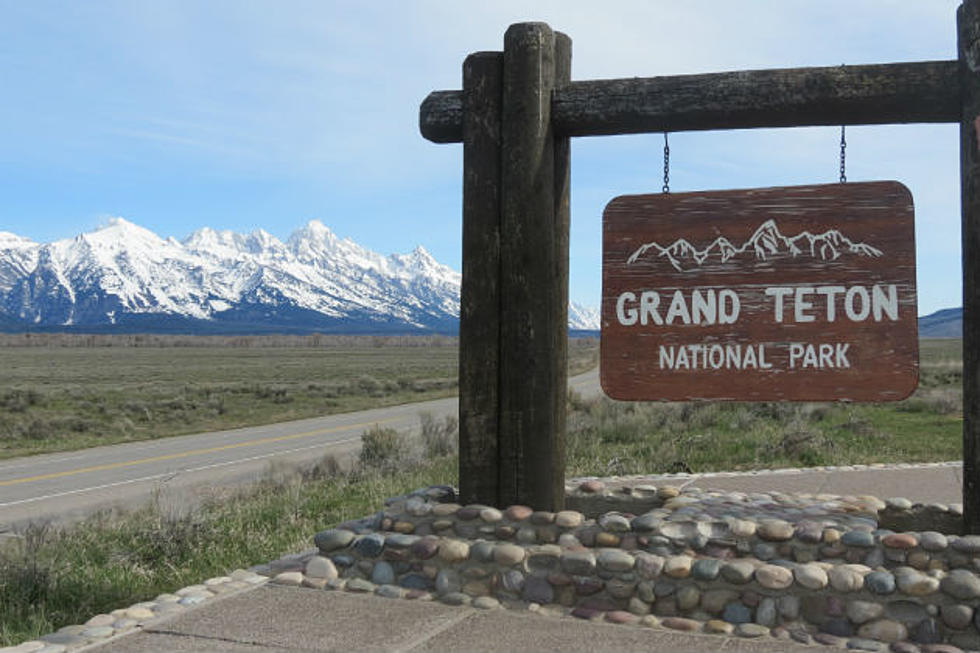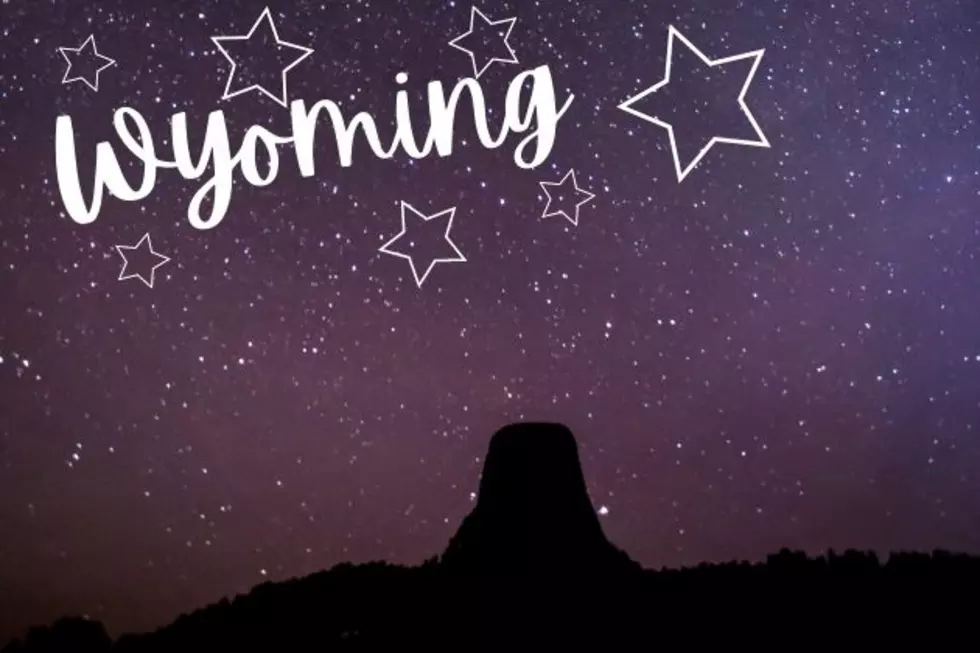![Rangers Rescue Two Hikers With Helicopter [AUDIO]](http://wac.450f.edgecastcdn.net/80450F/k2radio.com/files/2011/08/8.09-helicopter-firefight-300x201.jpg?w=980&q=75)
Rangers Rescue Two Hikers With Helicopter [AUDIO]
Officials at Grand Teton National Park say two people were evacuated by helicopter in separate incidents on Saturday. The Associated Press identified the people as Robert Martin, 70, of Alabama, and 34-year-old Heather Hanamaikai, of Idaho.
Jackie Skaggs, public affairs officer for Grand Teton National Park, says it was fortunate happenstance that an emergency room nurse was in the area for both rescues. The availability of the helicopter was by design.
Two helicopters on standby:
“We actually have what is called a Teton Interagency contract helicopter. There are two of them, as a matter of fact, that are on contract through the summer months, and the contract is held by the Bridger Teton National Forest and Grand Teton National Park with a helicopter company to help us support firefighting efforts and search and rescue operations.”
Ms. Skaggs says the helicopter contract comes with rigorous certification requirements for pilots so they can perform a rescue in an environment where they may not be able to set down, for example, what they call the short haul technique. The helicopter was able to land for the rescues Saturday.
Helicopter was able to land:
“And that was the case for these two rescues; we were able to get the injured person, and the person who was ill to a flat area in the Meadows location of Garnet Canyon where a helicopter could set down. And then we were able to fly them inside the helicopter to the rescue cache on the valley floor and then they are then transported by an ambulance to St. John’s Medical Center in Jackson.”
And the high altitude, Skaggs says, can cause illness, starting at about 9,500 feet in elevation and higher, and physical condition is key factor in how well someone tolerates the thin air.
Altitude sickness:
“The best thing, when you start to do that, when you start to experience the difficulty based on the elevation gain is to simply come back down to a lower elevation. Make sure you hydrate. Make sure you have high energy snacks. Make sure you take it slow and breathe deep, and keep that high altitude sickness from happening if you can.”
While something like helicopter rescues do make the news, Skaggs says the park rangers are also helping people in need in smaller ways too.
Not every rescue makes the news:
“It’s good to know that rangers are on duty, helping people in small and large ways, every given day of the summer months and even all year long.”




